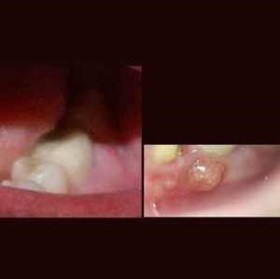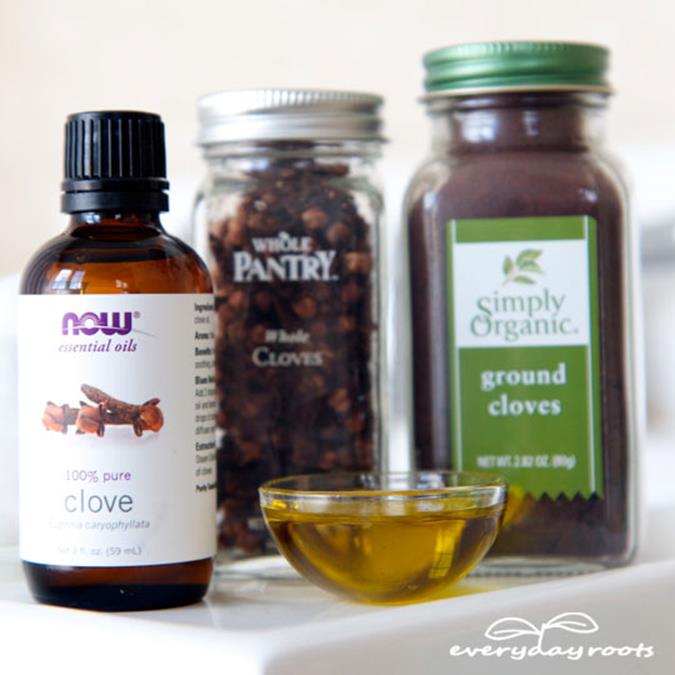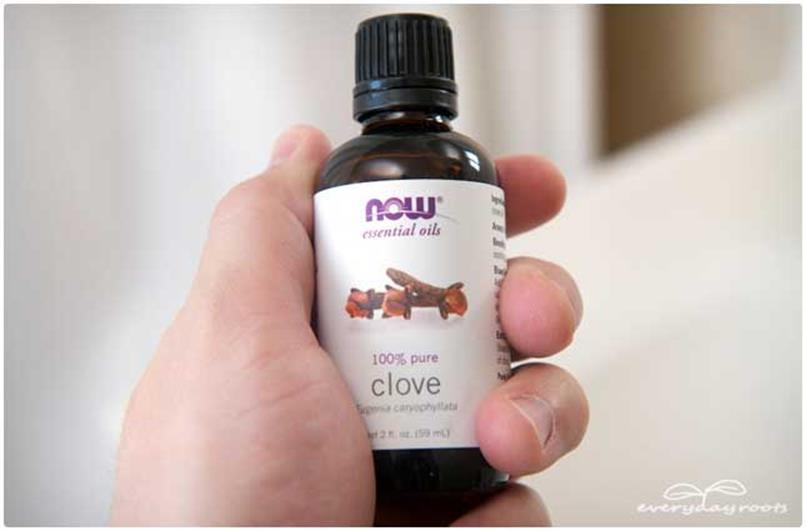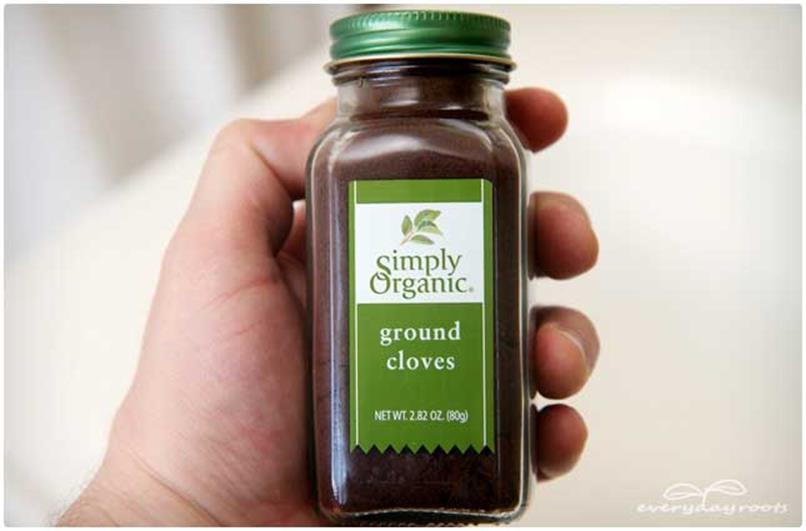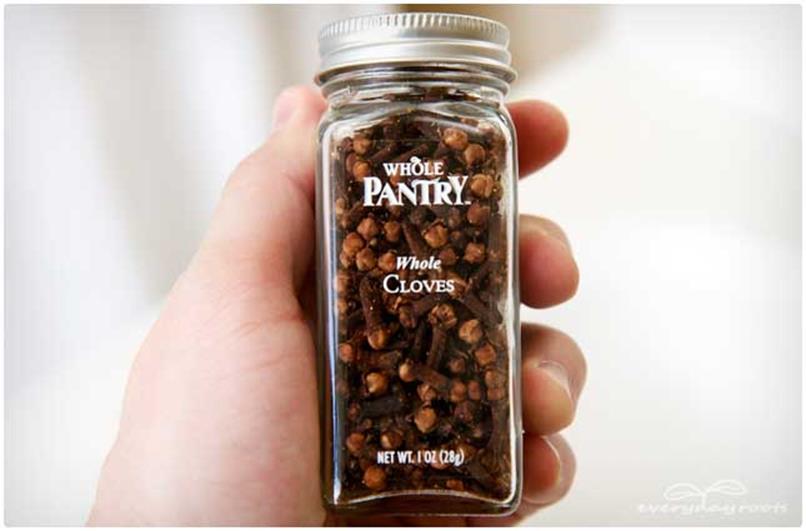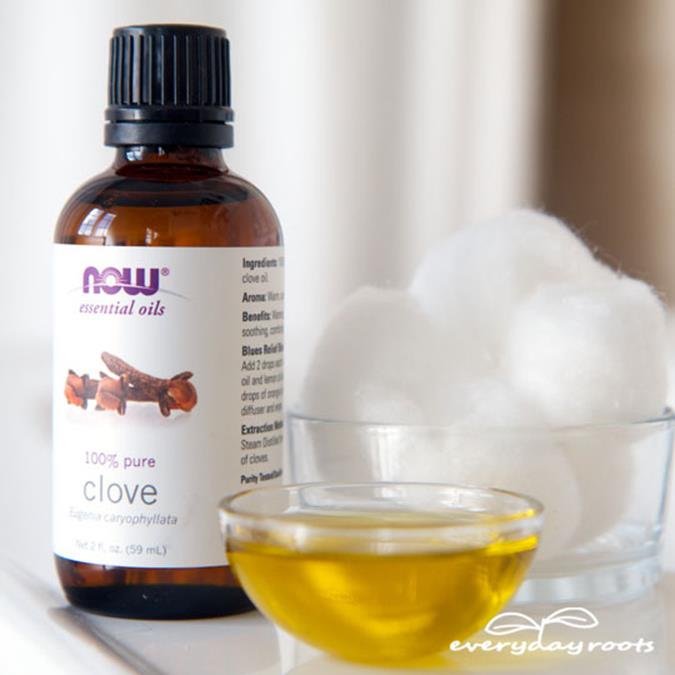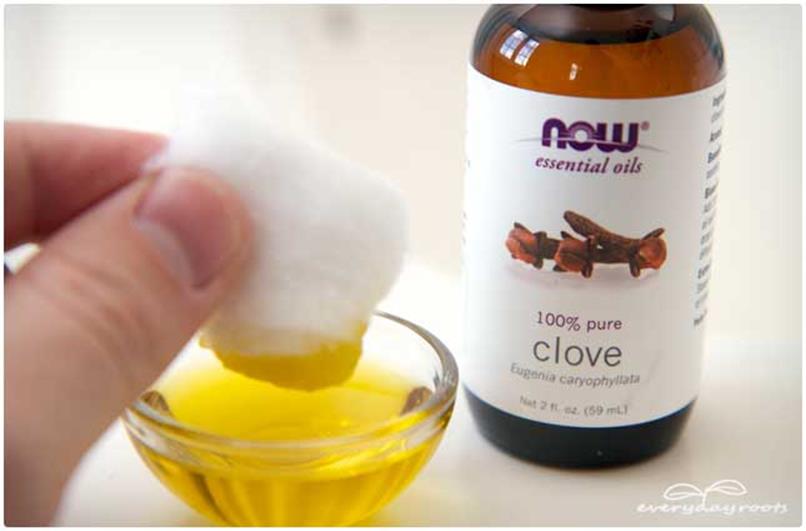Guest author: Dr. T, DMD
Traditionally survival medical advice has sounded something like this: “Have a medical first aid kit and make sure your dental work is up to date.” This is very good advice. However, I believe the advice should instead be, “Make sure your medical and dental needs are up to date and have a comprehensive first aid kit.” No comprehensive first aid kit is complete without critical dental medicaments and instruments. What happens when there is a dental need and there is either no dentist around or dentists offices are not functioning? Is your first aid kit complete with the necessary materials for such a problem? This article focuses on three main topics: (1) Why should I focus on dental health? (2) What dental supplies should I include in my kit? and (3) Where can I find a high-quality, dentist-grade supply kit?
Why should I focus on dental health?
It may surprise some, but until the last two generations, most people have needed all of their teeth extracted during their lifetime. In England few dentitions remained intact much after age 40. Even George Washington was toothless- it hit all social classes. The main reasons for this were lack of proper hygiene, unbalanced diet, and few ways to fix and keep teeth. Modern dentistry has provided many ways to preserve, fix, and even replace teeth, as well as maintain systems for preserving dentition. All of this even in the face of modern diets that have a dramatically more negative effect on tooth lifespan than generations ago. So, what would a combination of generally poorer diets and lack of modern dentistry mean? The answer: dramatically more tooth decay than even in the 19th century!
Dental medicament’s and instruments are unique in their function and critical to maintaining not only one’s teeth but also, in some circumstances, one’s life! Deaths from dental abscesses today are so rare, that it is difficult to fathom that only 200 years ago, this was a leading cause of death. What would life be like in a SHTF scenarios? Would daily living be similar to 200 years ago? Very likely indeed. Bartering, growing our own food, being self-sufficient, and, yes, suffering from toothaches, some of which can lead to death!
Search “dental abscess death” in your search engine and you’ll find a myriad of recent tragic, deadly stories. The most alarming part is these deaths are avoidable through modern dentistry. The problem is, how modern will dentistry be if you don’t have access to its modernity?
If things couldn’t get worse, two of the main causes of tooth loss- periodontal (gum) disease and trauma, are likely to be a greater risk in a SHTF scenario. With regular cleanings unavailable under such circumstances, periodontal disease will dramatically worsen. With changing environments, more exposure to the elements, and more manual labor necessary, trauma will also spike in prevalence.
With the case clear that there will be dental needs when SHTF, what do we do about it?
In the USA, there is only 1 dentist per 1,597 people.[3] In large cities, they are a dime a dozen while in rural areas they are few and far between. When you take away the efficiencies of modern practice and the just in time supply chain of materials (limiting inventory of medicament’s and tools in a dental office) in a prolonged calamity, dentists will be in high demand. In addition, many will have their practices ravaged, ruined, or destroyed, stripping dental offices of all supplies and equipment. During a sustained event if you, anyone in your group, or anyone around you is going to have dental care available it will be because you have the necessary equipment, tools, and medicament’s as part of your emergency kit to allow a trained professional to care for you.
Lest you think physicians, nurses, or other medical professionals will be able to fill in the gap, these professionals get no training in human tooth extraction and nearly no training regarding the oral cavity. Emergency Room doctors routinely consult dentists regarding where to place the needle to deliver local anesthetic inside the mouth because they do not get it in their training, even though tooth pain is one of the fastest growing reasons for ER visits. It’s not that tooth extraction couldn’t be learned by non-dentists, but it would take training and practice and currently these things are serious crimes under the law, where irreversible processes and potentially life threatening complications are possible.
Dentists will still be around when SHTF as much as anybody, but the supplies to perform their tasks will not. They will disappear just as fast as any medicine, bottle of liquor, or box of ammo. You will need to have the supplies to provide for you and yours if you have a hope of having that toothache dealt with.
What dental supplies should I include in my kit?
The first group of essential supplies are basic dental hygiene supplies: toothbrushes, floss, toothpaste. These products are readily available or can be homemade many different ways (see http://besttoothpaste.net/ for an example of homemade toothpaste). Proper oral hygiene will do more than anything to prevent tooth problems than anything else.
After the basic hygiene supplies, it gets far more challenging because we move into professional supplies with specific indications based on diagnosis, supplies used exclusively by dentists. However, having the correct temporary restorative materials, dental cements, materials and matrixes to make intermediate restorations are all essential to preserving dentition.
Next it is essential to have the proper instrumentation. First, professional hygiene supplies- you know- the instruments the hygienists use when you get your teeth cleaned. These valuable tools not only help keep teeth clean, but prevent periodontal disease (tooth abscess) and dental cavities. They are critical. Second, it’s crucial to have the proper assortment of instruments and forceps for tooth extraction. The correct instruments are essential. You do not want to have an infected broken root that doesn’t come out- that doesn’t solve the problem, rather likely makes it worse. Having the proper instruments used by someone who knows what they are doing, could ultimately mean the difference between life and death.
Up to this point all the materials and instruments are available and can be performed under most circumstances. Worthwhile materials and instruments can be expensive but are within most people’s budget and can be legally purchased. If you have to use these instruments you may lose a few teeth but, the tragedy of death due to tooth abscess will most likely be avoided. More involved and complex dentistry such as, making crowns, doing implants, bonding and root canals all will require significantly more materials, dramatic increases in cost, and a controlled environment.
Where can I find a high-quality, dentist-grade supply kit?
There are thousands of makes and models of dental instruments and even more manufacturers of dental materials. Even dentists can get confused over the differences between economy and professional lines, with numerous varieties of grades and styles, all with their own claims. The costs of these materials vary greatly based on many factors. One suggestion is to talk to your dentist to see what they suggest but because this is an often overlooked area of one’s medical kit there are few resources as to what might be included in the dental segment of the comprehensive kit. The book, Where There Is No Dentist, by Murray Dickson, is adequate for basic field triage dentistry for the untrained, but does not address what materials ought to be had for real, predictable dentistry performed by trained professionals in calamitous situations.
There are a few dental kits available on the web and a variety of selected instruments can be found on eBay. Until very recently, no kit has had the critical elements of required dental hygiene tools, assorted extraction instruments, and necessary materials, medicaments, and matrixes to place restorations. Those that are available are either completely lacking in proper supplies or the manufacturers are either unknown or untrustworthy. Either way, every kit currently available is not complete.
PrepperDental.com – High Quality, Comprehensive Dental Kit
However, there is a new comprehensive dental kit available that fulfills this need in everyone’s medical first aid kit. Dental Essentials, LLC has recently developed a kit that fulfills each of the requirements necessary to professionally clean teeth, temporarily and intermediately restore teeth, extract broken and infected teeth, and treat oral trauma. This kit can be found at prepperdental.com. All instruments arrive in pre-sterilized pouches ready for use by a professional. The kit comes in a custom cordura nylon case to house each material and instrument accordingly.
The last thing you want is to have the tools for a project, but they are of such poor quality that they do not work as they should. The kit bag and its primary line of essential instruments are all made in the USA of the highest quality and come with a lifetime warranty. The only thing this kit lacks is the anesthetic supplies as they are regulated by the FDA. (In full disclosure- I am a consultant for the kit and I chose the components because they are brands I use every day in my private dental practice.)
In summary, when prolonged calamity comes, daily proper oral hygiene will be the most crucial element in preventing dental problems. However, tooth problems will occur causing significant pain and, in some cases, death. Having a complete dental kit gives you the peace of mind that you will have the materials necessary to avoid these tragedies and maintain your teeth through the difficulties. Having the proper dental materials and instruments is an essential component to any complete medical kit.
This article has been written by Dr. T, DMD practicing dentist in Oregon.
Start now to make sure you are staying prepared.
Via: americanpreppersnetwork





!
















 Follow
Follow